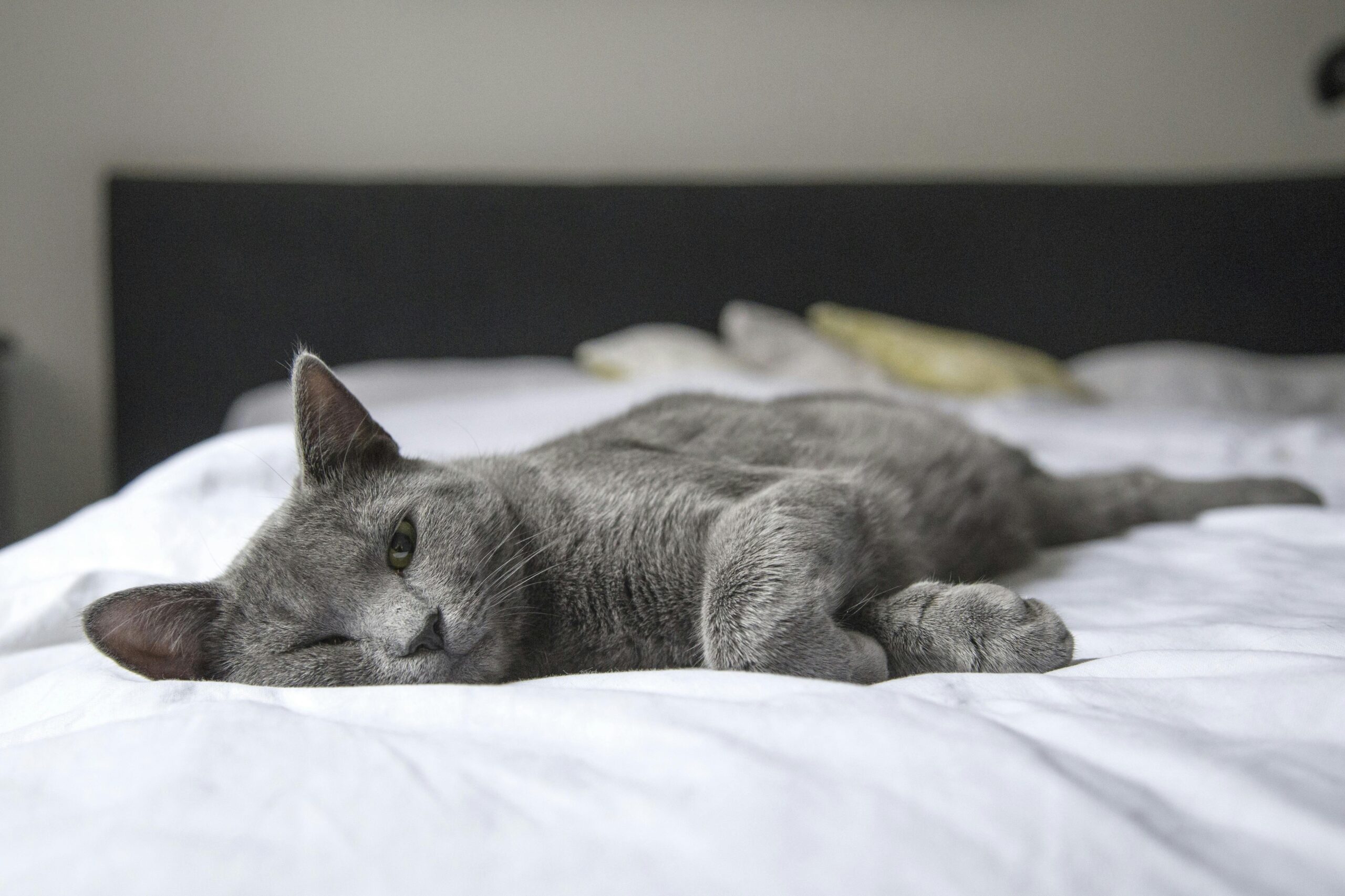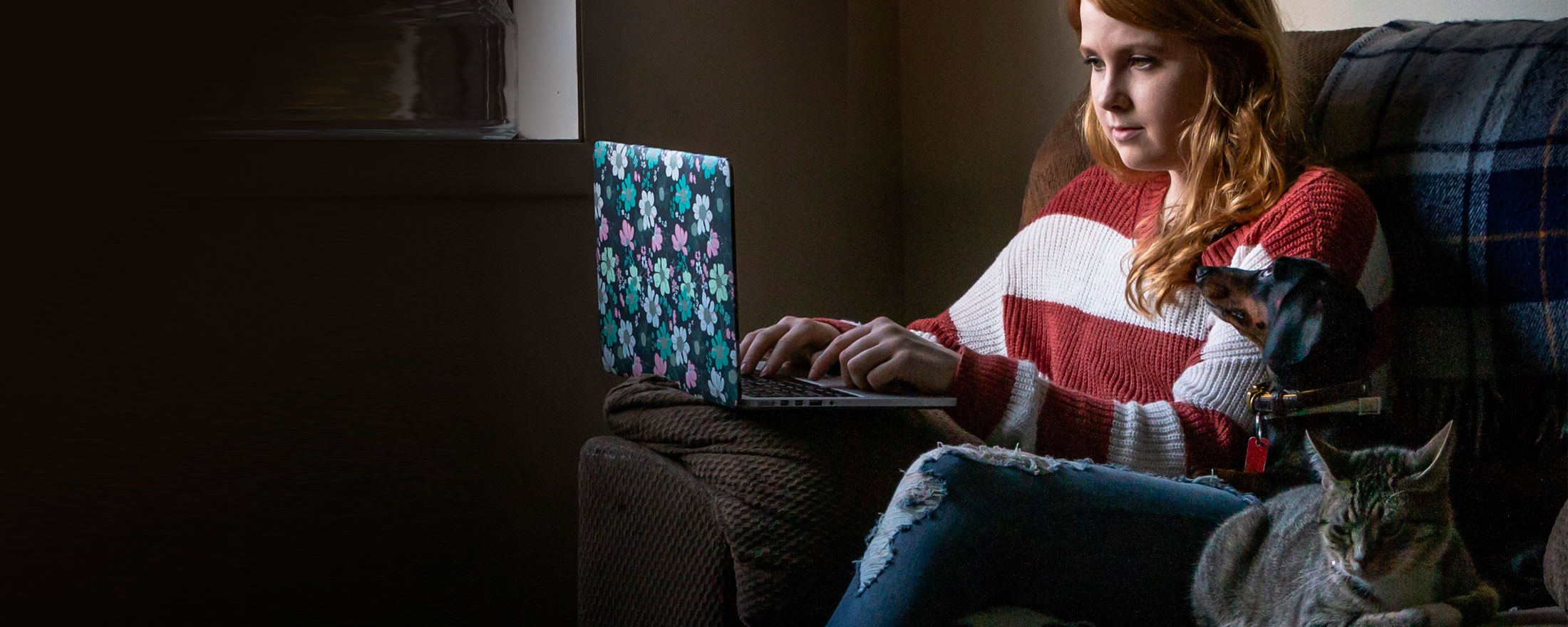
29 Mar Caring for Your Pet After Oral Surgery: Do’s and Don’ts
Oral surgery can be a challenging experience for anyone, including our beloved pets. Whether they’ve had a tooth extraction, root canal, or any other dental procedure, it’s crucial to provide them with proper care and attention during the recovery process. In the days following oral surgery, here are some essential do’s and don’ts to ensure your pet’s comfort and speedy recovery.
Do’s:
- Follow Post-Surgery Instructions: Your veterinarian will provide specific post-operative care instructions tailored to your pet’s needs. Follow these instructions, including administering prescribed medications, monitoring their food and water intake, and keeping an eye on the surgical site.
- Provide Soft, Easy-to-Eat Food: If your pet had extractions or oral surgery, offer your pet soft, palatable food that doesn’t require much chewing. Wet food or soaked kibble can be ideal choices, as they’re gentle on the mouth and won’t irritate the surgical site.
- Maintain Proper Hydration: Ensure your pet has access to fresh, clean water at all times. Hydration is crucial for the healing process and helps prevent complications such as dehydration, especially if they’re reluctant to eat due to discomfort.
- Keep Them Comfortable: Create a cozy, quiet space for your pet to rest and recover. Sometimes, pets can be a bit dysphoric after procedures, so providing soft bedding and keeping noise to a minimum to reduce stress levels will help immensely. Gentle petting, reassuring words, or just letting them rest can also help comfort them during this time.
- Monitor for Signs of Complications: Keep a close eye on your pet for any signs of complications such as excessive bleeding, swelling, discharge, or changes in behavior. Contact your veterinarian immediately if you notice any concerning symptoms.
- Maintain Oral Hygiene: Depending on the type of surgery, your veterinarian may recommend additional oral hygiene measures. Follow their advice regarding brushing, rinsing, or applying any prescribed oral medications for pain or infection.

Don’ts:
- Don’t Offer Hard Food or Treats: Avoid giving your pet any hard food or treats that could potentially damage the surgical site or cause discomfort. Stick to soft, easy-to-eat options until they’ve fully recovered.
- Don’t Engage in Rough Play: It’s essential to minimize physical activity and avoid rough play during the recovery period. Excessive movement or vigorous play such as hiking, roughhousing, or daycare could disrupt the healing process, increase the risk of injury to the surgical area, or cause bleeding. It is also recommended to keep outdoor cats indoors for 24-48 hours after anesthesia to make sure they have fully processed their anesthetic drugs before going back outside.
- Don’t Skip Medications: Even if your pet seems to be feeling better, it’s crucial to complete the full course of prescribed medications as directed by your veterinarian. Skipping doses or stopping medication prematurely can compromise their recovery.
- Don’t Ignore Signs of Discomfort: Pets may not always vocalize their pain, so it’s essential to be vigilant for subtle signs of discomfort. The following are signs of pain: not wanting to eat, dropping food while trying to eat, aggressive or painful behaviors when you touch their face, halitosis (bad breath), pawing at their face or rubbing it against objects/floor, excessive drooling, swelling or bleeding around the wound, or swelling around the eyes If your pet appears to be in pain or stops eating, consult your veterinarian promptly for guidance.
- Don’t Delay Follow-Up Care: Attend any scheduled follow-up appointments with your veterinarian to ensure that your pet’s recovery is progressing as expected. These appointments allow your vet to assess healing, address any concerns, and make any necessary adjustments to the treatment plan.
Dog and Cat Dentist in Fort Collins, Colorado
Providing proper care and attention in the days following oral surgery is essential for your pet’s well-being and recovery. By following these do’s and don’ts, you can help ensure a smooth and comfortable healing process for your furry friend. Always consult your veterinarian if you have any questions or concerns regarding your pet’s post-operative care. With your love and support, your pet will be back to their happy, healthy self in no time.
If your dog or cat is due for their annual checkup, make an appointment with Animal Dental Care & Oral Surgery today.
Images used under creative commons license – commercial use (3/29/2024). Photos by Pixabay and Matthias Cooper on Pexels



